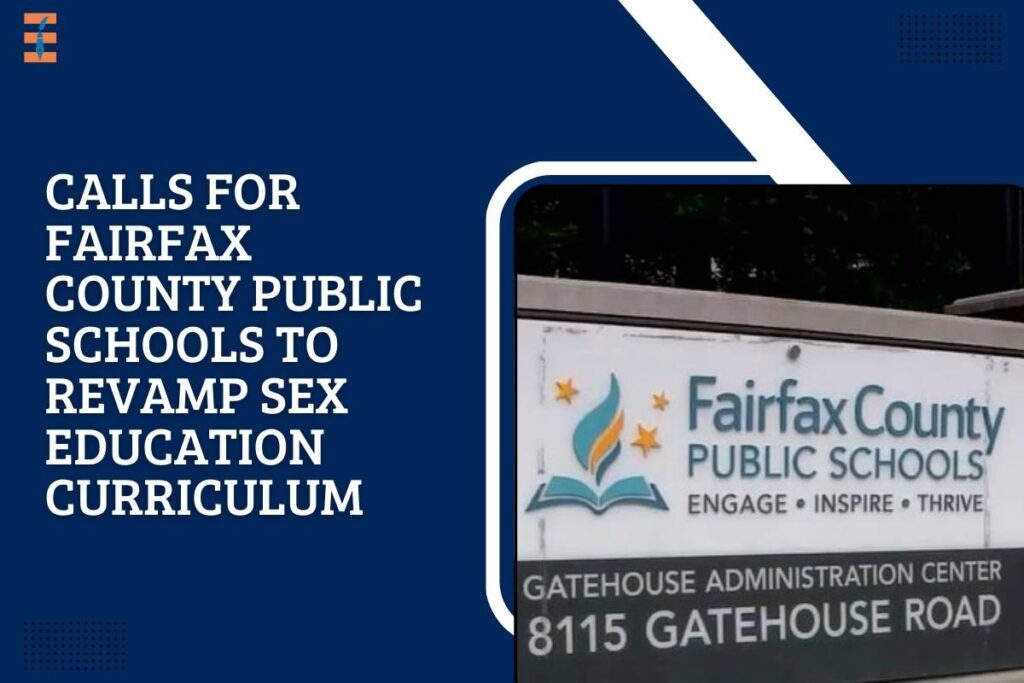Source- WJLA
In Fairfax County, parents and community members are calling for significant changes to the public schools’ sex education curriculum. This demand comes roughly a month after the Family Life Education (FLE) Curriculum Advisory Committee presented its latest recommendations to the school board. During the public comment segment of Thursday’s school board meeting, numerous speakers emphasized the need for more inclusive lessons. Some urged the school leaders to consider coeducational classes, arguing that the current system, which often separates students by gender, is outdated and not comprehensive.
Community member Robert Rigby voiced his concerns, stating, “The Family Life Education Curriculum in Fairfax County Public Schools is not yet comprehensive sexuality education. We need to begin at first principles and develop a program that meets the needs of children. That is, we need to start over.” Similarly, Christina McCormick, a Fairfax County parent, highlighted the importance of inclusivity for all gender and sexual identities. “Our LGBTQ youth are already experiencing bullying and stigma,” McCormick said. “Separating them by gender for sex-ed furthers this and completely ignores the existence of students who identify outside of the binary, and further perpetuates heteronormativity.”
Committee’s Latest Recommendations
The FLE Curriculum Advisory Committee, comprising teachers, students, health department members, and school board appointees, recently suggested several objectives and descriptive statements aimed at high schoolers for setting personal boundaries and revised objectives related to puberty and reproductive systems for fourth through seventh graders. According to school board documents, curriculum development will continue through the next school year, with full implementation of the changes possibly occurring in the 2025-26 school year. The community review period ended on June 10, and the topic is scheduled as an action item for the upcoming June 27 school board meeting.
For elementary students, the committee recommends exploring lessons on gender identity and creating a more inclusive curriculum overall. Vanessa Hall, representing the group FCPS Pride, criticized the current curriculum as outdated, saying, “Interim changes have been beneficial but cannot address deficiencies at the core of the curriculum developed in a previous century when gay marriage was illegal, and meant nearly all our students and staff were in the closet.”
Mixed Reactions to Coed Classes
The proposal for certain coeducational sex education lessons has sparked mixed reactions. Following the committee’s initial recommendations, the school system conducted a survey to gauge public opinion. Approximately 85% of the over 2,600 respondents opposed the idea of coed sex education lessons, arguing that such settings would make students uncomfortable and inhibit them from asking important questions. Critics, including one speaker at the recent meeting, noted that the proposal was “overwhelmingly opposed by parents, students, and employees.”
Despite the opposition, advocates for coed lessons believe they can foster an inclusive environment and normalize conversations about reproduction and puberty. The debate highlights the ongoing tension between traditional educational practices and evolving societal norms regarding gender and sexuality. It underscores the challenge of creating a sex education curriculum that meets the diverse needs of all students while respecting the community’s varied perspectives.
Parents retain the option to opt their children out of certain family life education lessons, ensuring that they can make choices aligned with their personal beliefs and values. As Fairfax County Public Schools continue to navigate these recommendations and community feedback, the aim remains to develop a curriculum that provides comprehensive, inclusive, and effective sex education for all students.

